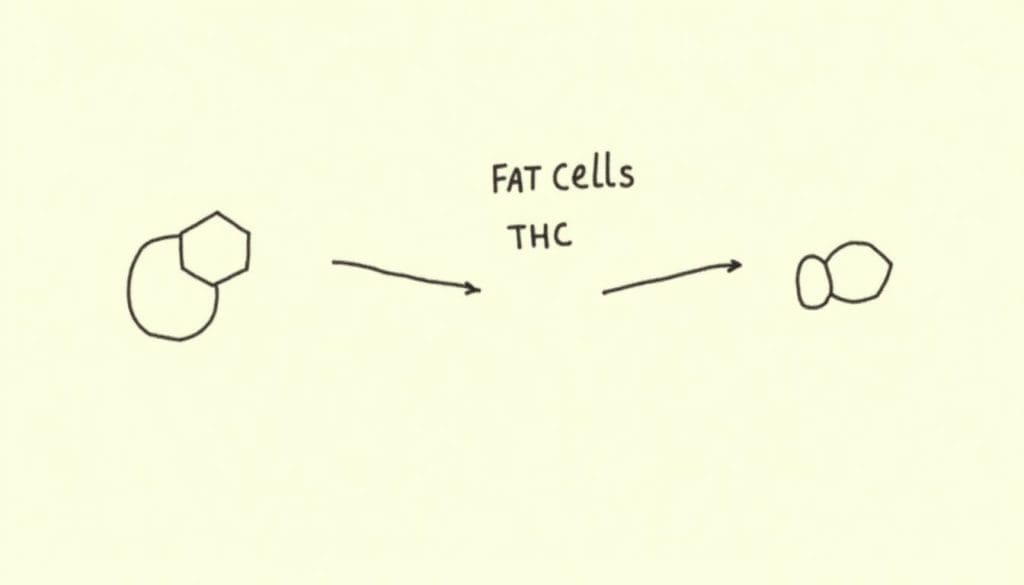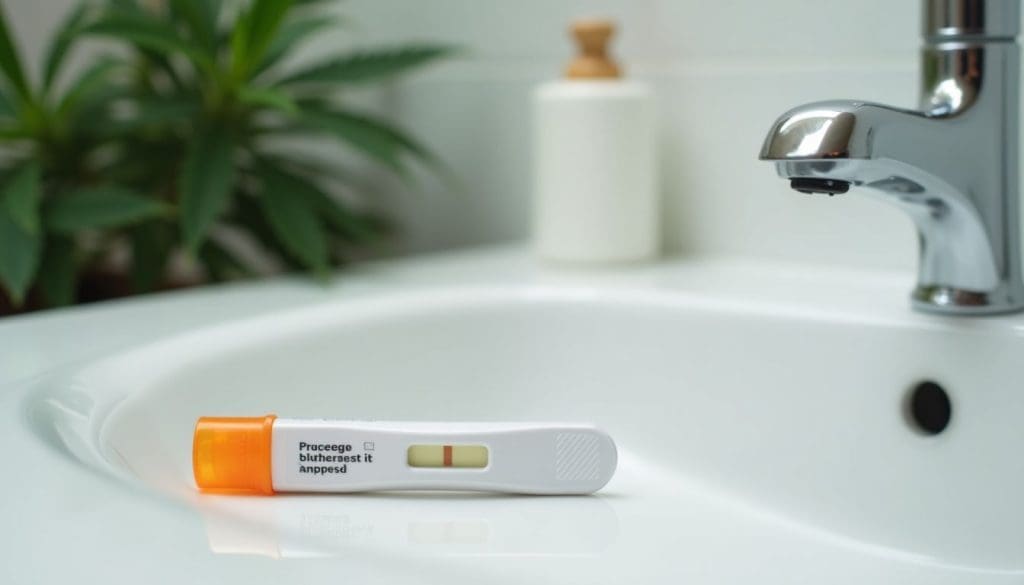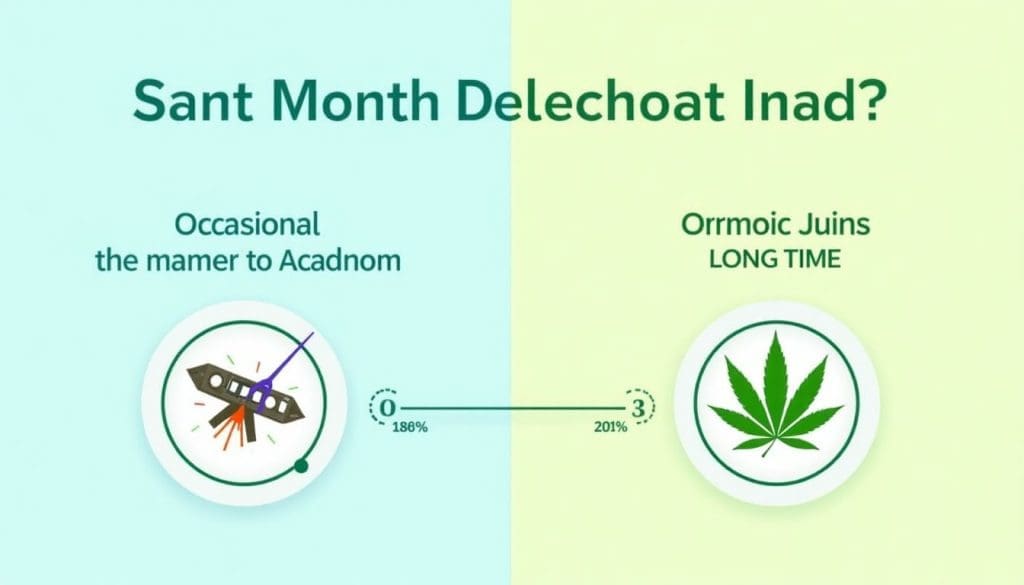When it comes to cannabis use, one of the most common questions people ask is, “How long does weed stay in your system?” Whether it’s for work, a medical test, or simply out of curiosity, understanding how long THC can be detected is important—especially here in Australia, where drug testing, including piss tests, is common.
In this article, we’ll break down everything you need to know in a simple, easy-to-understand way. From how THC is processed in the body to the factors that affect detection times, we’ve got you covered.

THC, or tetrahydrocannabinol, is the psychoactive compound in cannabis. When you consume cannabis, your body processes THC and converts it into metabolites like carboxy-THC, which are stored in fat tissues.
Because THC is lipophilic (it binds to fat), it stays in the body much longer than other substances. This is why chronic users often have longer detection times. THC gradually releases from fat tissue into the bloodstream, where it is then metabolized and excreted through urine, sweat, and feces.
Let’s dive into how long weed stays in your system based on different factors and testing methods.

Urine tests—often referred to informally as piss tests—are the most common method for detecting cannabis use in Australia. They are widely used for workplace drug testing and other situations because they can detect cannabis for longer periods than saliva or blood tests.
Here’s a breakdown of how long THC can stay in your urine:
Urine tests detect carboxy-THC, a metabolite of cannabis that stays in your system long after the psychoactive effects have worn off. This is why you might test positive even if you haven’t consumed cannabis recently.
The exact detection time depends on several factors, which we’ll cover in more detail below.

Saliva tests are often used in roadside drug testing in Australia. They are designed to detect recent cannabis use, so the detection window is much shorter compared to urine tests.
Here’s what you can expect:
Saliva tests work by detecting THC that remains in your mouth and saliva after use. They don’t measure the THC stored in your fat tissues, so the results are typically limited to recent consumption.
The length of time cannabis stays in your system can vary widely from person to person. Here are some of the key factors that influence detection times:
Smoking, vaping, and consuming edibles all affect how THC is absorbed and processed. Edibles often take longer to metabolize, leading to slightly longer detection times compared to smoking or vaping.
The more potent the cannabis and the higher the dose, the longer it will stay in your system.
Occasional users typically eliminate THC faster than chronic users. Frequent use leads to an accumulation of THC in fat tissues, making it detectable for longer periods.
THC binds to fat, so individuals with higher body fat percentages may retain THC metabolites longer.
People with faster metabolisms tend to eliminate THC more quickly than those with slower metabolic rates.
Regular exercise may help speed up the metabolism and reduce THC storage in fat tissues.
Factors like age, overall health, and hydration levels also play a role in how long weed stays in your system.
The detection window for cannabis depends on the type of test being used. Let’s break it down:
Urine tests (piss tests) remain the most widely used because they offer the longest detection window and are relatively simple to administer.

Cannabis is unique because THC is stored in fat tissue rather than being quickly eliminated. With chronic or heavy use, THC accumulates in the body over time.
Even if you stop using cannabis, your body may continue to release stored THC into your bloodstream for weeks or months, prolonging detection times. This is why chronic users often test positive long after their last use.
For occasional users, the body clears THC much faster since there’s less accumulation.

While there’s no guaranteed way to speed up THC elimination, certain habits may help:
It’s important to note that detox drinks and other “quick fix” solutions are not always effective and can be unreliable, especially for heavy users.
In Australia, cannabis laws vary by state and territory. While some regions have decriminalized personal use, cannabis remains illegal at the federal level.
Drug testing is common in workplaces and for roadside checks. Being aware of how long THC stays in your system is essential if you’re in a situation where testing is likely.
THC can stay in urine for 1 to 7 days for occasional users.
It’s highly unlikely unless you were in an enclosed space with heavy smoke for an extended period.
Staying hydrated and exercising may help, but there are no guarantees, especially for heavy users.
THC from edibles may stay in your system slightly longer than smoking or vaping due to the slower digestion process.
The best approach is to stop using cannabis well in advance of the test. For chronic users, this may mean several months of abstinence.
By understanding how long weed stays in your system and the factors that affect detection times, you can make informed decisions and avoid surprises when it comes to testing.
If you’re in Australia and concerned about cannabis detection times, it’s important to stay informed. THC stays in your system for varying lengths of time depending on your use and the type of test being conducted.
Whether you’re preparing for a workplace drug test or just curious about how your body processes cannabis, the key is understanding the factors that influence detection and making decisions that work for your situation.
Stay safe, stay informed, and always know your rights when it comes to drug testing in Australia.
Brisbane: Corner of Calam and Compton Rd, Sunnybank Hills QLD 4109
Melbourne: Ground Floor, 470 St Kilda Rd Melbourne Vic 3004
Sydney: 1 Barratt Street, Hurstville, NSW. 2220